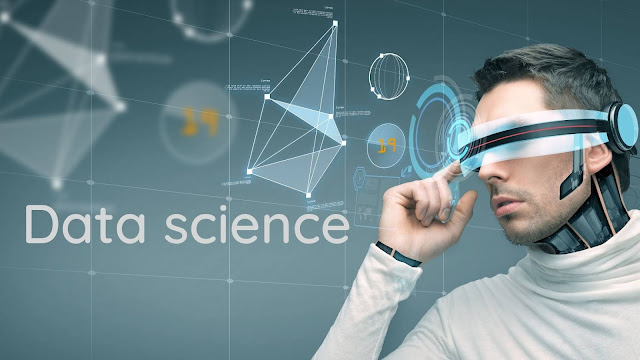
career
How to start a career in data science with no experience
First of all, being a data scientist requires experience, but in today’s job market, it is becoming increasingly more difficult for new jobs to compete against existing ones. So while it is still possible to get a job with data science experience, many people don’t even consider a data science career. Now that we look into the question “how”, this way could you start a career in data science with no experience?
Selecting Your Data Scientist
One question to ask yourself is if you are smart enough to develop a data science career. You might consider yourself smart but that isn’t a job requirement. If you chose someone who seems to have no expertise in data science, you are already selecting someone who likely will not stick around.
Choosing someone who has experience is an option but choosing someone who really wants a data science career is an option that has no easy explanation. However, if you want something that requires more time and skill, but would give you some level of comfort in the job, choosing the data scientist with experience makes some sense.
The key finding here is “data scientist”. If you choose the data scientist with no experience, you are choosing someone without the knowledge that working in this field demands. So, you are choosing someone who has a low chance of success. This process leads you to a second crucial question, how will you learn to understand data science?
Choosing your Data Scientist of Experience
There are some really great AI developers who have deep expertise in data science and who work for big companies who have attained 5+ years of inexperience in the field. There are also data scientists who have a clear path to sustainability in the job and they have only minimal experience.
By the time I had work experience, I had 30+ minutes to climb the mountain of data science knowledge. About half of the work I did involved data modelling and modelling can be generalized, while the other half must be specific to machine learning.
What would you want in your data scientist?
I focused on understanding the methods to analyze and model data to derive insights. Then I dug deeper into the underlying algorithms that run that modelling.
This group of techniques including:
Exploratory data analysis. This includes Google knowledge graph, python knowledge base, python text generation, and these are just a handful of interesting approaches.
This includes Google knowledge graph, python knowledge base, python text generation, and these are just a handful of interesting approaches. Deep Learning. These techniques focus on issues like noise reduction, which is similar to fuzzy logic.
These techniques focus on issues like noise reduction, which is similar to fuzzy logic. Stackoverflow answers. A great online resource for anything from programming languages to data cleaning is Stackoverflow. There are more than 18,000 Stackoverflow channels for data scientists and data engineering. Most of this has to do with open source code and is not easy as written FAQs.
A great online resource for anything from programming languages to data cleaning is Stackoverflow. There are more than 18,000 Stackoverflow channels for data scientists and data engineering. Most of this has to do with open source code and is not easy as written FAQs. Neural Networks. As said previously, it is challenging to understand what neural networks are and how they are typically used to explain complex concepts.
In the future, I would like to integrate additional techniques. And ultimately, I want to find a home in this industry that is similar to my dream, which is a maker space for data scientists!


0 Comments: